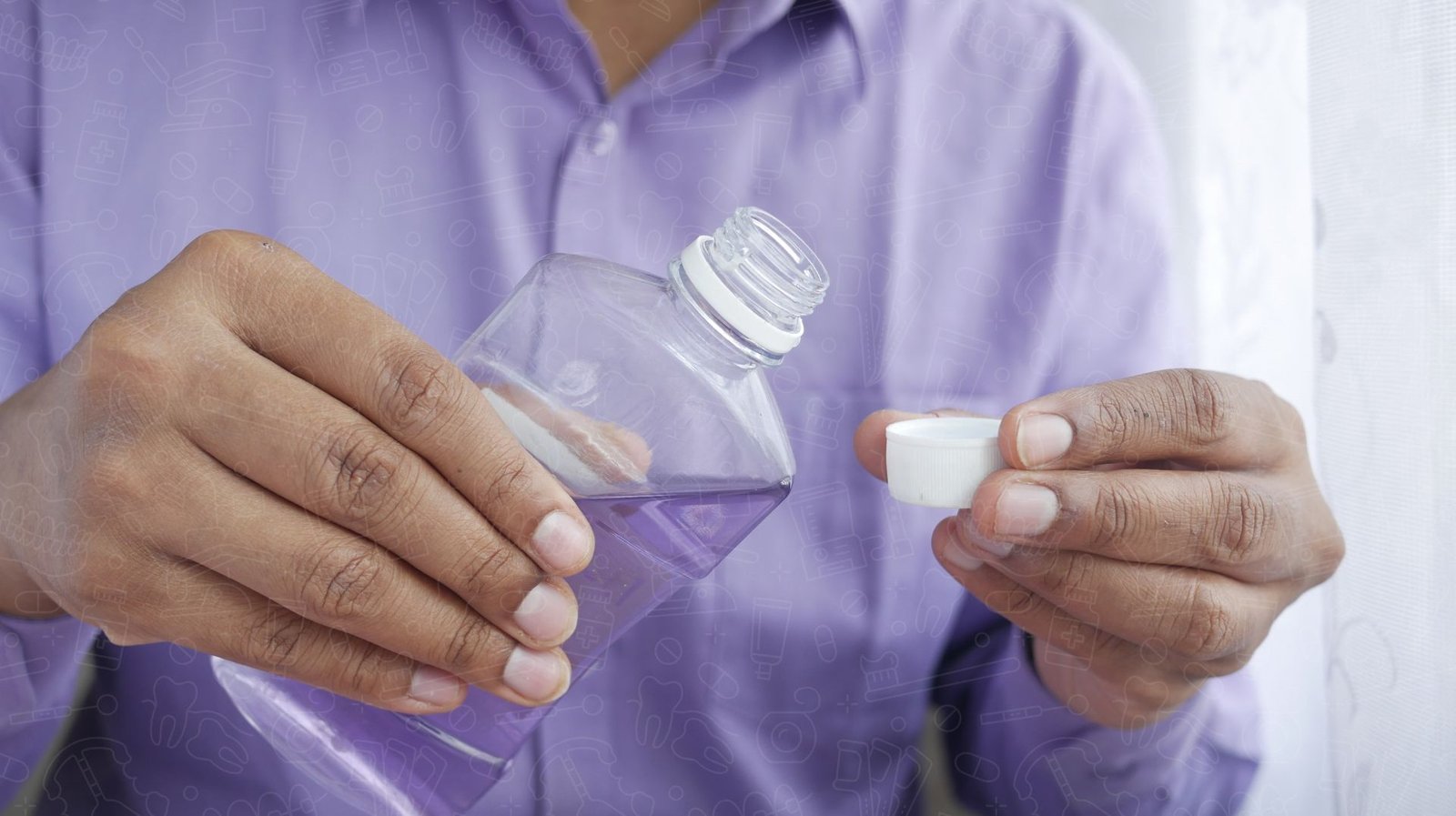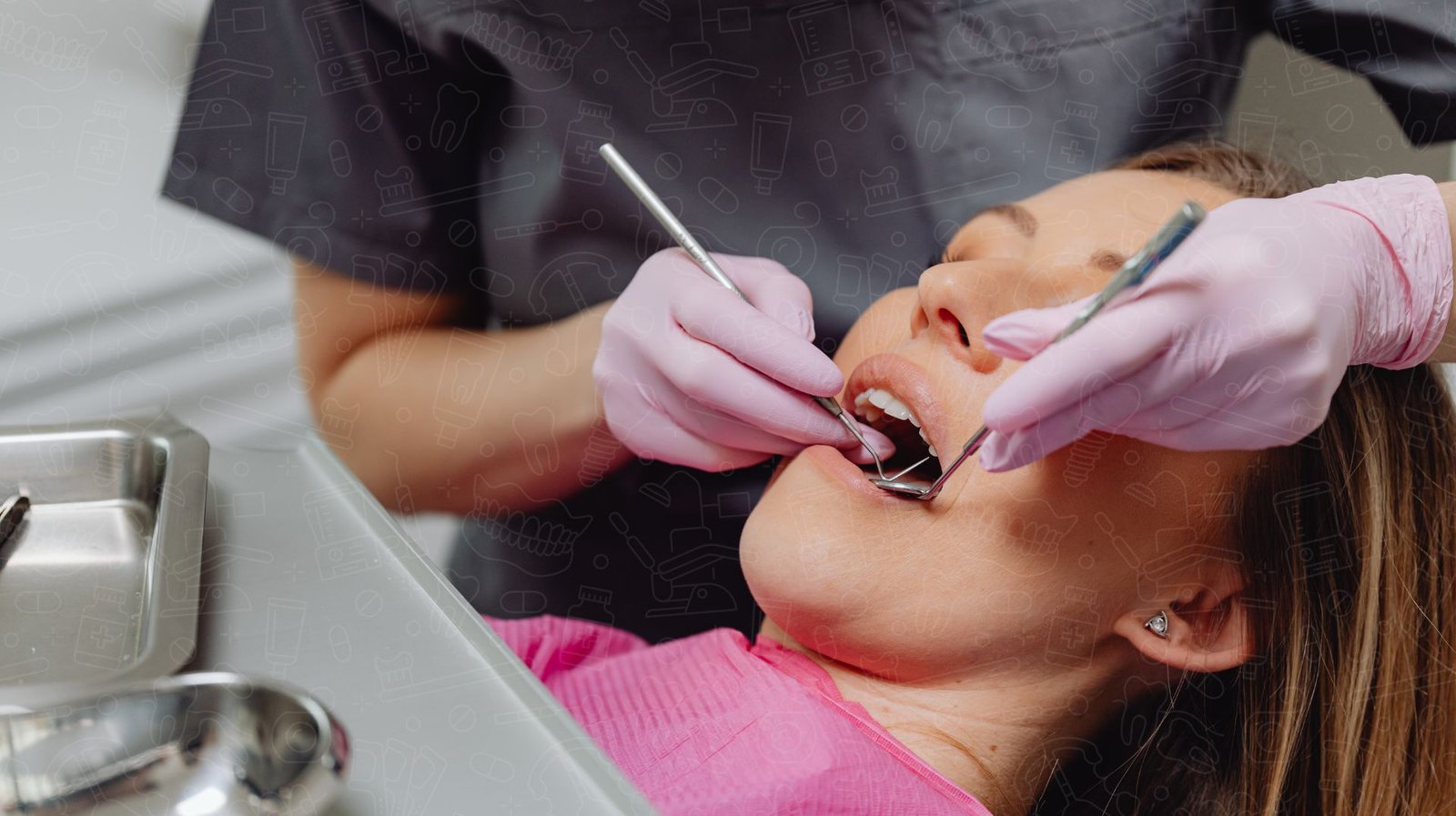Understanding Dental Plaque and Tartar Buildup
Dental plaque and tartar are two critical factors that impact oral health, yet many individuals remain unaware of their formation and implications. Dental plaque, a soft and sticky film made up of bacteria, food residue, and saliva, quickly develops on tooth surfaces soon after brushing. If not managed effectively, this biofilm can evolve into tartar—a hardened version of plaque that forms within just a few days. Understanding the nuances of plaque and tartar is essential for anyone aiming to maintain a healthy smile.
The intricate relationship between diet, oral hygiene, and these two common dental foes cannot be overlooked. Regular brushing and flossing not only help in the removal of plaque but also play a pivotal role in preventing tartar—a challenging adversary that requires professional intervention for removal. Poor dietary choices and inadequate oral care can significantly increase the risk of plaque accumulation and subsequent tartar formation, leading to serious oral health issues such as tooth decay and gum disease.
In this article, we will explore the causes and implications of dental plaque and tartar buildup, offering insights into how individuals can mitigate these risks through effective oral hygiene practices and professional care. By fostering an understanding of these key concepts, readers will be better equipped to protect their dental health in the long run.
Understanding Dental Plaque and Tartar Buildup
Dental plaque is a soft, sticky film composed of bacteria, food particles, and saliva that forms on the surfaces of teeth. This biofilm begins to develop soon after brushing, usually within hours, as bacteria adhere to the tooth enamel. When proper oral hygiene practices are neglected, plaque can quickly accumulate, leading to potential dental issues. Unlike plaque, tartar, also known as calculus, is a hardened form of dental plaque that mineralizes over time, typically within 24 to 72 hours, if left unremoved. Once tartar forms, it cannot be eliminated by regular brushing and requires professional dental intervention.
The formation of dental plaque is influenced by various factors, notably diet and oral hygiene habits. Frequent consumption of sugary or acidic foods contributes significantly to plaque accumulation, as these substances provide nutrients for bacteria. Furthermore, inadequate brushing and flossing allow plaque to thrive and transition into tartar.
Understanding the differences between dental plaque and tartar is crucial for maintaining oral health. Regular dental check-ups and effective daily oral care can significantly decrease the risk of plaque-related complications, including the formation of tartar. By being proactive, individuals can ensure the health of their teeth and gums, preventing more serious dental issues down the line.
Causes of Dental Plaque Formation
Dental plaque formation is primarily influenced by various factors that can compromise oral hygiene. One of the leading causes is inadequate dental care, which often includes infrequent brushing and insufficient flossing. When food particles and bacteria accumulate on teeth, plaque forms, creating a sticky film that adheres to tooth surfaces. This biofilm thrives in an environment rich in sugars and carbohydrates, leading to more significant buildup when oral hygiene practices are neglected.
Dietary habits significantly contribute to plaque accumulation as well. Frequent consumption of sugary snacks and beverages provides an ideal medium for plaque-forming bacteria to flourish. These bacteria metabolize sugars, producing acids that erode tooth enamel and promote further plaque growth. Poor hydration can also exacerbate plaque formation, as saliva plays a crucial role in cleansing the mouth and neutralizing acids.
Additionally, individual factors such as genetics, age, and pre-existing health conditions may influence an individual’s susceptibility to plaque development. Certain medications can reduce saliva production, increasing the risk of plaque buildup. Understanding these causes is essential for implementing effective oral hygiene practices. Taking proactive measures in addressing these factors can reduce plaque formation, thereby minimizing the risk of tartar buildup and associated oral health issues.
How Plaque Hardens Into Tartar
Dental plaque is a soft, sticky film of bacteria that forms on teeth and along the gumline. If not removed through regular brushing and flossing, dental plaque can undergo a mineralization process, transforming into a much harder substance known as tartar, or calculus. This transformation typically occurs within 24 to 72 hours after plaque formation.
The mineralization of plaque begins when saliva deposits minerals such as calcium and phosphate onto the plaque. As time passes, these minerals crystallize, resulting in the firm build-up of tartar, which can adhere stubbornly to teeth. Tartar can develop both above and below the gumline, making it particularly troublesome for oral hygiene. Once formed, tartar can only be removed through professional dental cleaning since typical brushing and flossing cannot break it down.
This hardened plaque creates a rough surface that can further attract additional plaque and bacteria, exacerbating oral health issues. The risks associated with untreated tartar buildup include gum disease and tooth decay, which can lead to pain and tooth loss if not addressed. Therefore, understanding the process by which plaque hardens into tartar underscores the importance of maintaining excellent oral hygiene practices and scheduling regular dental check-ups to prevent these complications.
Health Risks Associated with Tartar Buildup
Dental tartar buildup poses several significant health risks to oral hygiene. One of the most critical concerns is gum disease, often starting with inflammation, known as gingivitis. When tartar accumulates along the gumline, it can lead to more severe conditions, including periodontitis, which may result in tooth loss if not addressed.
Furthermore, tartar can contribute to persistent bad breath, a common issue stemming from the bacteria that thrive in the presence of plaque and tartar. These bacteria produce foul-smelling compounds that can lead to chronic halitosis, affecting an individual’s social interactions and self-esteem.
Another major risk associated with tartar buildup is tooth decay. The hardened plaque provides a rough surface for more bacteria to cling to, accelerating the demineralization of the tooth enamel and increasing the likelihood of cavities. This can lead to extensive dental treatment, involving fillings or even extractions in severe cases.
Additionally, the relationship between oral health and systemic health has become more apparent, with research indicating that poor oral hygiene, marked by increased tartar and plaque, may be linked to conditions like cardiovascular disease and diabetes. Regular dental check-ups and cleanings, coupled with proper oral care, are essential to mitigate these risks and preserve not only dental health but overall well-being.
Prevention Tips for Dental Plaque and Tartar Buildup
To effectively prevent dental plaque and tartar buildup, maintaining a consistent oral hygiene routine is essential. Daily brushing of teeth, ideally twice a day, with fluoride toothpaste helps remove food particles and plaque before it hardens into tartar. It is important to use a soft-bristled toothbrush and replace it every three to four months, as worn bristles may not clean teeth effectively.
Flossing daily is crucial for removing plaque in between teeth and along the gumline, where toothbrush bristles may not reach. This additional step helps to reduce plaque accumulation, minimizing the risk of tartar development.
Incorporating an antimicrobial mouthwash into the daily routine can further aid in controlling plaque formation. Rinsing with a mouthwash designed to reduce plaque can enhance overall oral hygiene and provide an extra layer of protection.
Diet also plays a significant role in plaque buildup prevention. Limiting sugary and acidic foods can help reduce the risk of plaque formation, as these substances fuel bacteria in the mouth. Staying hydrated and choosing crunchy fruits and vegetables can encourage saliva production, which naturally helps clean the mouth.
Regular dental check-ups are vital for maintaining optimal oral health. Professional cleanings allow for the removal of tartar that cannot be eliminated through at-home care, ensuring teeth and gums remain healthy and free from disease.
Professional Treatment for Tartar Removal
Removing tartar effectively requires professional dental care, as it is substantially more difficult to eliminate than plaque. Dental professionals utilize specialized tools, including ultrasonic scalers and hand instruments, to meticulously remove tartar from teeth and the gumline. These instruments are designed to break down hardened tartar without damaging the enamel or surrounding gum tissue.
Regular dental cleanings, typically recommended every six months, play a crucial role in maintaining optimal oral health. During these appointments, dentists or dental hygienists can not only remove tartar but also provide thorough assessments of overall dental health. They may offer personalized advice on oral hygiene practices and dietary adjustments to minimize future plaque accumulation.
Neglecting professional treatment for tartar removal can lead to a host of dental issues, including gingivitis and periodontal disease. The professional’s expertise ensures that any potential problems are identified early, preventing more serious complications down the line. Additionally, maintaining regular dental check-ups fosters a partnership between the patient and the dental team, which is essential for long-term health and prevention of tartar buildup.
In conclusion, professional treatment is an essential element of effective tartar removal and long-term dental health, emphasizing the importance of regular visits to a dentist for cleanings and evaluations. Maintaining this proactive approach helps promote healthy teeth and gums, ultimately leading to a better quality of life.
Conclusion
In summary, a deep understanding of dental plaque and tartar buildup is essential for preserving oral health. This dual threat stems from a combination of inadequate oral hygiene and dietary choices, transforming soft plaque into hard tartar when neglected. The implications of this transition are significant, as tartar not only jeopardizes gum health but can also lead to tooth decay and other serious conditions.
Implementing effective preventive measures, including regular brushing, flossing, and professional cleanings, significantly mitigates the risks associated with plaque and tartar. Empowering oneself with knowledge about proper oral hygiene routines and nutritional considerations is crucial for everyone looking to maintain a bright and healthy smile.
Moreover, this article highlights the interconnection between oral health and overall well-being, underlining that diligent self-care and professional dental support can yield enduring benefits. By fostering awareness and understanding of dental plaque and tartar, individuals can take proactive steps toward a lifetime of healthier teeth and gums. Regular dental visits remain indispensable, ensuring that professional expertise is leveraged to combat tartar effectively.
Ultimately, embracing a comprehensive approach to oral hygiene not only protects dental health but also contributes to overall health, making it fundamental for optimal living. Readers are encouraged to apply the insights gained here to enhance their oral care routines and prioritize their dental health.





